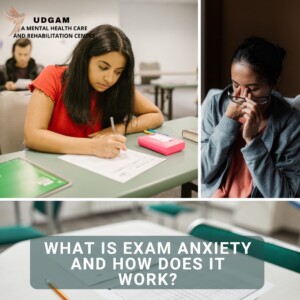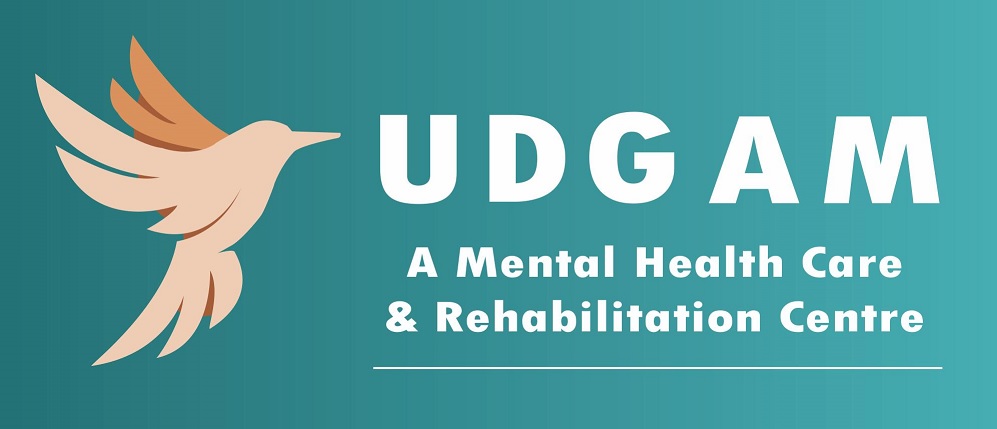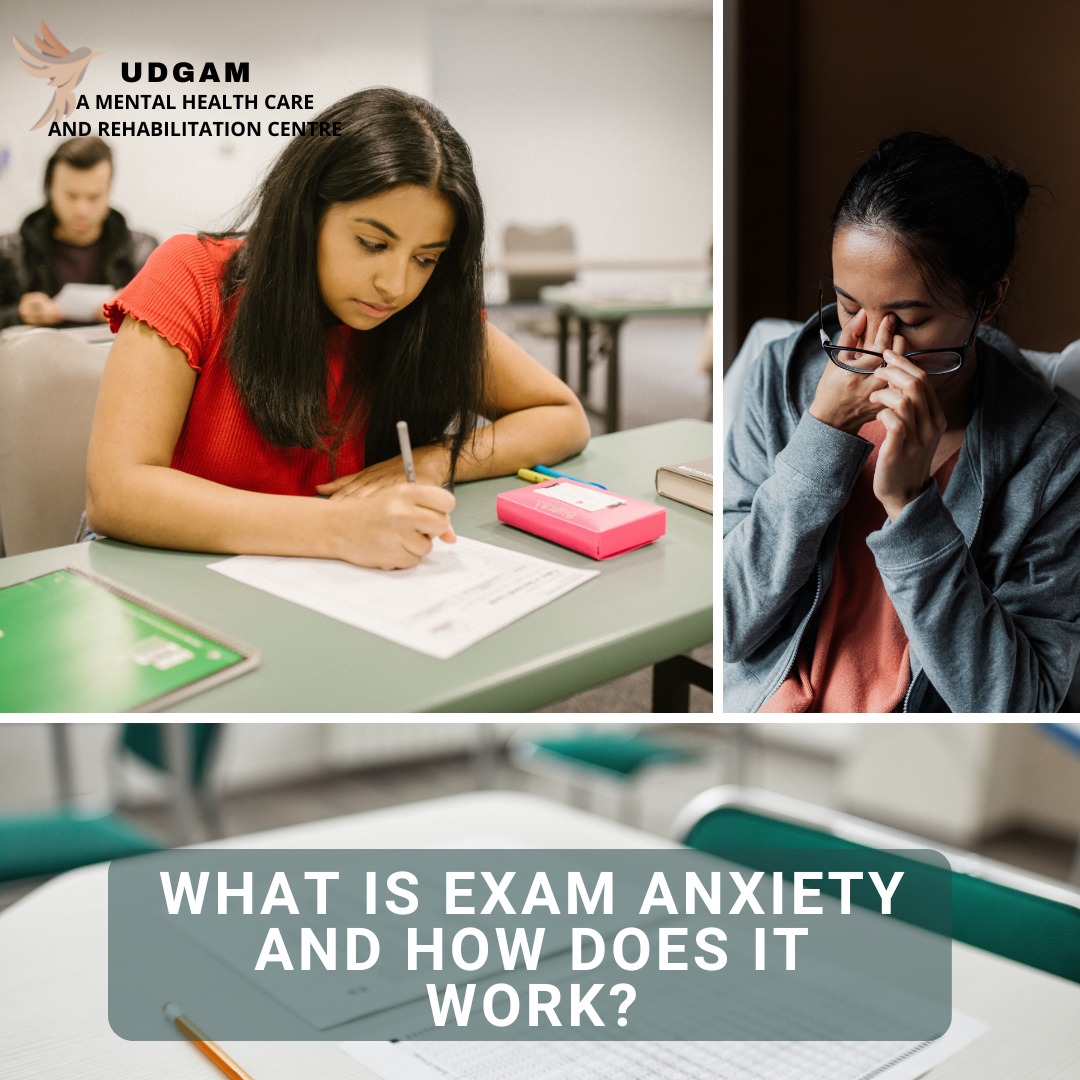What Is Exam Anxiety And How Does It Work?
It is tricky to keep calm when faced with challenging times. Exams are one such event where any student would feel the pressure of performing well, irrespective of their preparation.
A lot of the time, stress is helpful, it encourages us to perform better. If we are not worried, then we will not put in enough effort to study. Even in scientific research, it is seen that with stress our performance increases up till a point, after which it starts to come down.
Too much stress or long-lasting stress is not good. While a little stress helps us perform better, too much stress causes us to pay more attention to saving ourselves, instead of performing better.
Exam anxiety is a condition where students or people feel an uncontrollable worry and apprehensive towards the testing situation. This level of exam anxiety leads to physical and mental deterioration. It will lead to poorer grades or performance as well.
 What does exam anxiety look like?
What does exam anxiety look like?
It is different for different individuals, but the most common signs of exam anxiety are
- disturbed sleep/appetite
- increased self-doubt
- hopeless feeling
- giving up studying
- temper outburst
- indulging more in substance, the internet or some hobby
- extreme sweating
- queasiness, vomiting, or constipation
- stomach/muscle pain
- headaches/fainting spells
- increased heartbeat
These symptoms occur in various degrees in individuals, some can be found a month before exams, others a week or some even after. It is easy to refer to them as general stress, but in truth, some of these can be so intense that an individual's mental health can deteriorate severely.
Many parents usually overlook these symptoms thinking that it is the usual exam stress, if they went through it then it should be no big deal. and usually, these stressors reduce easily, but in some cases their impact is tremendous.
If you see that your child is suffering from such symptoms, please refer to a counsellor to ensure these symptoms do not eat away at an individual's self-esteem and mental health.
Mental health and Exam Anxiety
The usual consensus among many psychiatrists and other mental health professionals who have a bout of exam anxiety is that it is not entirely dependent on the event of the examination. It is instead related to the thoughts, plans and attitude an individual has towards the exam.
Rational apprehension occurs when a student feels they have not studied enough or the subject is too tough, etc.
In these cases, the individual can manage their time to achieve a good grade, or manage their anxiety symptoms enough to be able to give that exam.
Extreme symptoms occur when an individual's usual coping methods fail to provide comfort or help them manage their studies/time. Instead, individuals might turn to harmful coping methods or fail to cope entirely. This loop increases stress levels in an individual. The more time spent in this cycle the more dependent we become on the negative aspects to provide us with comfort.
some negative/harmful comforts people can find are:
Obsession with distractions: like mobile, internet, tv games, outside play etc, individuals may become dependent on the minute comfort brought about by these activities. This causes them to feel good for a short period but also delays the anxiety and the time which could have been used for preparation.
Negative Event Perception
NEP is the most popular response we get from students with exam anxiety. it refers to having a preconceived notion before or after the event that the results will be unfavourable. For example, a student refuses to believe that his teacher will not scold him or say he did a good job, before and after he submits his work. This pessimistic train of thought further reduces the quality of your work and adds to the stress. such thoughts also bring comfort in a way that, since the child does not have good expectations he won't be disappointed. This dual nature of NEP works to maintain the negative thought cycle, thus maintaining anxiety during exams/submissions.
Tips to Reduce Exam Anxiety
- Develop a routine suited to your study needs. A lot of us cannot study for 4 hours straight and others find it hard to start. so develop a routine that increases your efficiency and not just stress. If you cannot study without breaks, then ensure that you have plenty, but use them to relax and not to indulge in your mobile devices.
- Study systematically: start studying every day in small portions to ensure you get plenty of time for each topic, rather than waiting to cram everything at once a few days before the exam. This routine is hard to follow if you are not used to it, so develop yourself slowly. ensure that you have a fixed study area, which is not used for anything else. For example not studying on your bed or dining table, it creates a sense of ease which distracts you from studying.
- Ask for help if needed: get help from an expert or a tutor if you are doubtful about any topic in your syllabus. There are plenty of online services available as well. but take this help as soon as you need it, do not wait for the end moment. Use every available resource.
- Consistency is the key: no routine is beneficial if you only follow it for a few days, it is a consistent effort. Over a period of time, you would see significant benefits.
- Relaxation is important: how we relax in our breaks is also an important aspect of how much mental energy we can store to study in the next session. relaxation for many these days includes their mobile phone. and it has been proven to be beneficial to provide short-term relaxation but is also known to cause disturbance in your overall energy levels. when we see our mobile devices, our mind is still active, it is invested in the next big story. Give your mind a break by seeking relaxation, not a distraction.
- Develop a better outlook: instead of thinking of failure at every turn, try and think of what little actions you can do to ensure you do better in your exams. Try to develop a more positive approach in your thoughts, to help yourself feel more confident. Ensure that you take up the responsibility to study well, and not leave it to fate or others.
- Basic necessities are important: Your brain needs fuel to function. Do not forget or compensate for sleep or food, to buy yourself extra time for studying or for being on the internet. These two things are much more important and should be placed first, during or in the absence of exams. Also exercise, to keep your energy levels and mood in good condition.
- Consult a professional: do not wait to seek help, get it as soon as possible. Symptoms of anxiety tend to increase if they are left unchecked for too long. And in the case of exam anxiety, the severity increases as the day of the exam approaches.
Treatment for Exam Anxiety
The treatment modalities can vary along the lines of severity, duration and dysfunction of the symptoms. Psychotherapy, pharmacotherapy, educational remediation etc are the highlighted methods in most cases. In recent times, some schools have reported crisis cases of anxiety during board exams. Children fainting or having a panic attack in the middle of exams.
In such cases, psychological first aid is given, but these little instances severely impact their self-esteem. To avoid this, one must be aware of the sign and seek help immediately.
Treating exam anxiety is a consistent process, it might take time, but it is good if it does. In counselling sessions, kids are encouraged to not only vent out their problems but also learn effective coping skills to help them in the future.
Take a consultation if you ever feel that your relationship with exams, studies or yourself is getting worse, and impacts your daily life. Contact us for an appointment. And remember that early diagnosis, treatment and precaution are helpful.
[ratings]
Anuja Sathe
Counselling Psychologist




